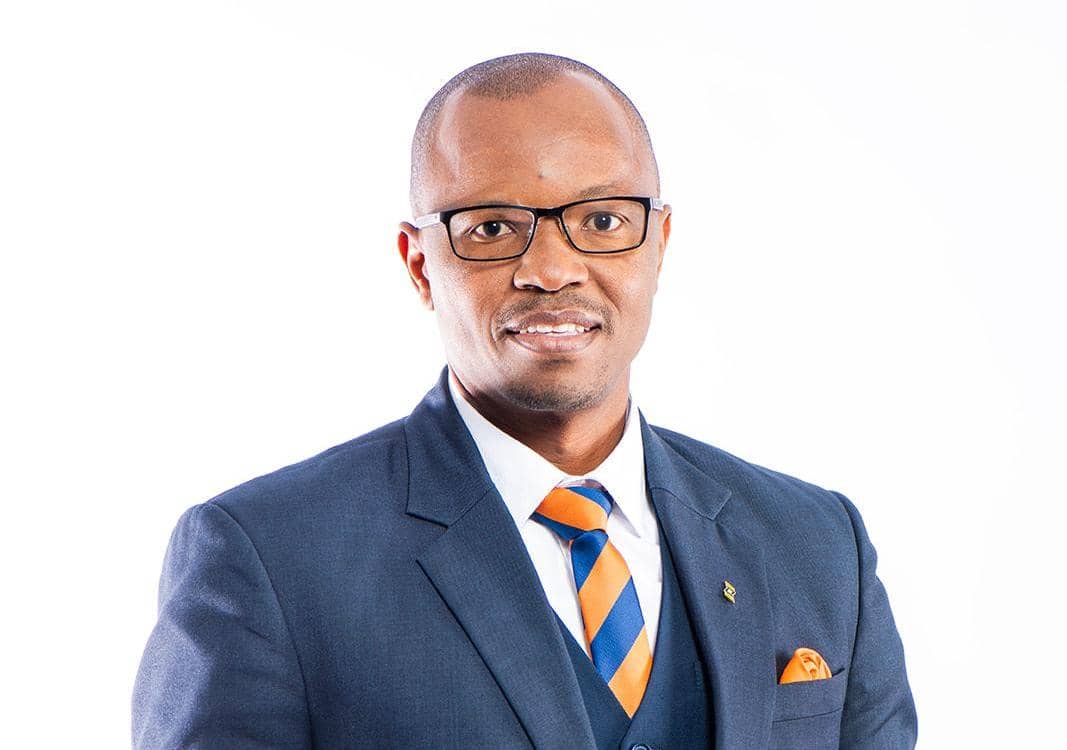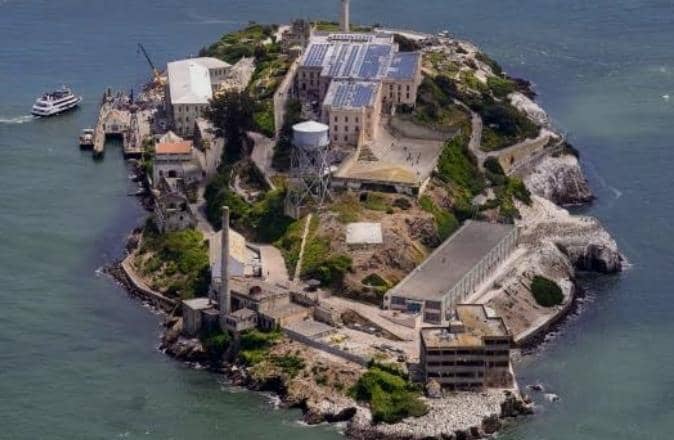THE Pan-African Centre of Namibia (Pacon), in collaboration with the Students’ Representative Council of the Polytechnic of Namibia, will hold a public lecture today in honour of the late African revolutionary Kwame Nrumah.
The lecture starts at the Polytechnic Auditorium at 18h00. Prime Minister Nahas Angula will focus on Pan-Africanism as a philosophy, Ambassador Tuliameni Kalomoh will address the relevance of Nkrumah’s ideals to Namibia and to Africa in general, and the Acting High Commissioner of Ghana, Julia Acolatse, will talk about Nkrumah’s role in shaping Ghana.According to the Vice Chairperson of Pacon, Maureen Hinda-Mbaziira, the 13th Ordinary Summit of the African Union (AU) declared the centenary birthday of its founder and first President of the Republic of Ghana a continental event. ‘Kwame Nkrumah was a revolutionary African figure. He contributed a lot to the liberation of Namibia and the rest of Africa. As Pan-Africans and benefactors of his efforts, we are honouring his memory and celebrating his achievements,’ she said.Kwame Nkrumah became the first prime minister and later president of Ghana. He was born on September 21 1909 at Nkroful in what was then the British-ruled Gold Coast, the son of a goldsmith. Trained as a teacher, he went to the United States in 1935 for advanced studies and continued his schooling in England, where he helped organise the Pan-African Congress in 1945. He returned to Ghana in 1947 and became general secretary of the newly founded United Gold Coast Convention but split from it in 1949 to form the Convention People’s party (CPP).After his ‘positive action’ campaign created disturbances in 1950, Nkrumah was jailed, but when the CPP swept the 1951 elections, he was freed to form a government, and he led the colony to independence as Ghana in 1957. A firm believer in African liberation, Nkrumah pursued a radical pan-African policy, playing a key role in the formation of the Organisation of African Unity in 1963. As head of government, he was less successful, however, and as time passed he was accused of forming a dictatorship. In 1964 he formed a one-party state, with himself as president for life.
Stay informed with The Namibian – your source for credible journalism. Get in-depth reporting and opinions for
only N$85 a month. Invest in journalism, invest in democracy –
Subscribe Now!










